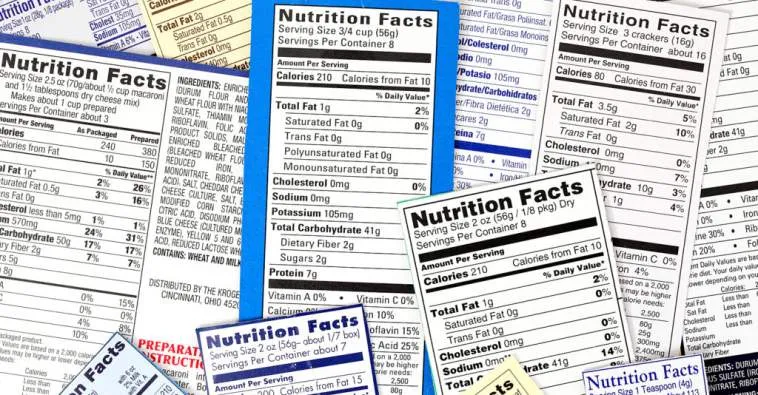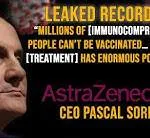From ChildrensHealthNetwork.com…
The food regulation arm of the U.S. Food and Drug Administration (FDA) is slow-moving, underresourced, nontransparent, unaccountable, bureaucratic — and reluctant to anger Big Food.
That’s according to a Politico report that exposes the glaring shortcomings of the FDA’s Center for Food Safety and Applied Nutrition (CFSAN).
While the government and the media focused on the drug-oversight role of the FDA during the COVID-19 pandemic, the part of the agency responsible for food safety was kept out of the public eye — and Americans continue to suffer the consequences, the report claims.
But problems with food oversight began long before the pandemic, according to insiders who spoke to Politico.
Proactive solutions to acute issues (such as food poisoning outbreaks) and ongoing problems (such as growing obesity in the U.S.) are lacking.
“There’s a long-running joke among FDA officials that the ‘F’ in FDA is silent,” according to the report.
CFSAN, the FDA’s “food arm,” is responsible for tracking food-borne illness outbreaks, evaluating the safety of new ingredients and additives, monitoring manufacturing practices, and overseeing the labeling of food, supplements and cosmetics.
It also lists as part of its mission “fostering good nutrition and effective food safety practices.”
Susan T. Mayne, Ph.D., has been the director of CFSAN since 2015. According to Politico, Mayne and the FDA’s deputy commissioner for food policy, Frank Yiannas, are engaged in “an open power struggle.”
Bureaucracy, infighting and mismanagement contribute to the agency’s glacially slow responses to both acute and long-standing safety and nutrition issues, according to the report.
Stephen Ostroff, who has held senior roles at the FDA, told Politico, “The food program is on the back burner. To me, that’s problem No. 1.”






